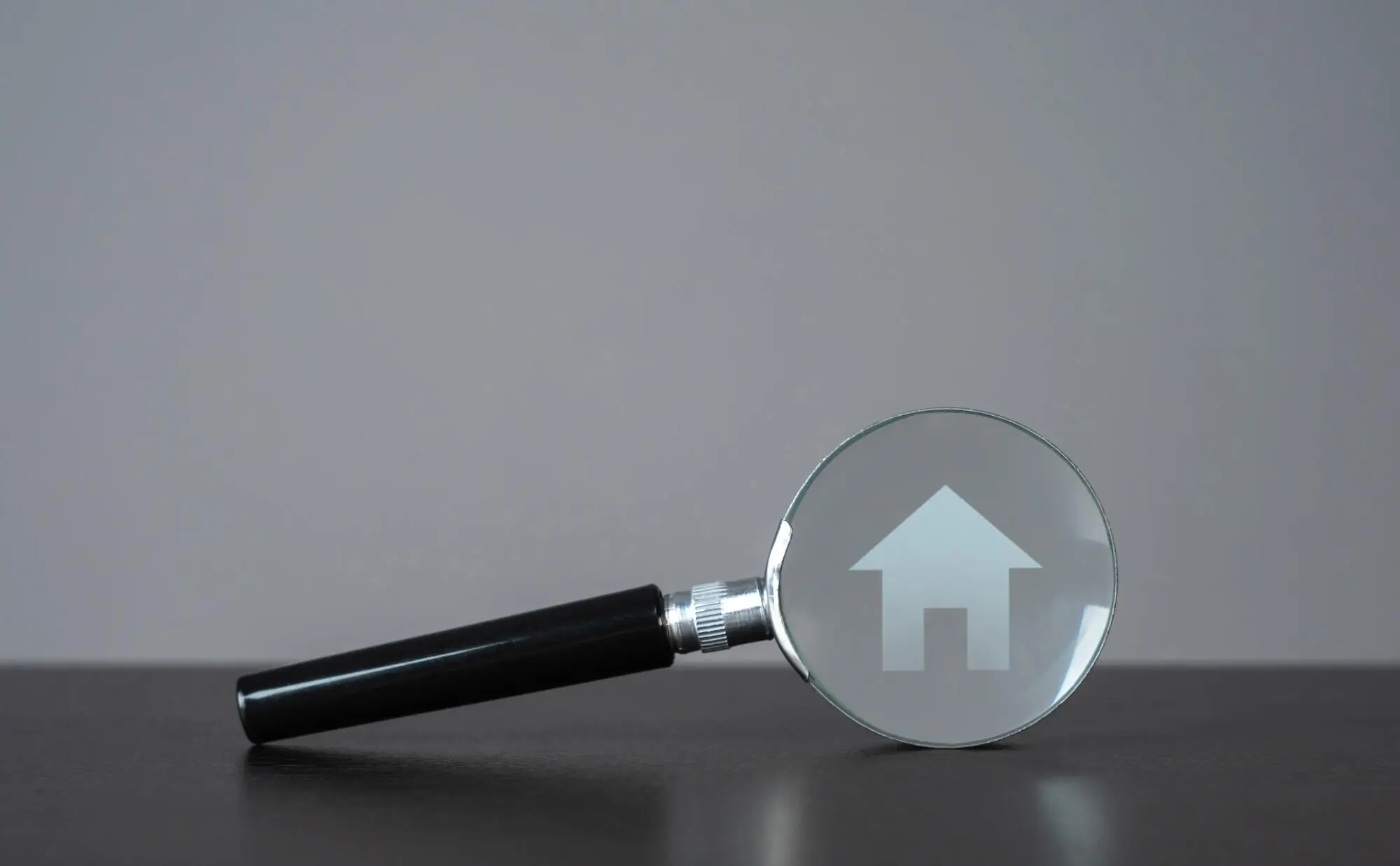If you own a rental property in Delaware, how often do you get it inspected? Rental property inspections could mean the difference between retaining and losing property value. Regular inspections are necessary if you want to keep your property value high.
There are many factors affecting the housing market in Delaware. These four elements of rental property inspections in Delaware outline what owners should pay attention to.
1. Exterior Condition
The first impression of your rental property starts from the outside. As the first thing potential clients will see, the exterior must be immaculate. During inspections, professionals thoroughly examine:
- Walls, roofs, and foundations for any signs of damage
- Proper drainage around the property
- Exterior paint condition (no peeling, chipping, or flaking)
- Weather protection and overall integrity
- Visible unit numbers on the front and back of the building
Maintaining the exterior preserves your property's value and contributes to tenant satisfaction and neighborhood aesthetics. So, what about inside the house?
2. Interior Condition
The interior is just as important as the outside of the house in the Delaware real estate market. Inside the property, inspectors focus on:
- Walls, floors, ceilings, windows, doors, and fixtures in each room
- Signs of water damage, discoloration, or mold growth
- Functionality of electrical, plumbing, and HVAC components
- Proper operation of heat and hot water systems
- Working condition of doors, locks, and security features
Regular interior inspections are crucial for investment property upkeep and can prevent minor issues from becoming major problems. There are rules to help with these issues, and that's why safety codes exist.
3. Safety and Code Compliance
Safety is paramount in rental property inspections. No client will want to rent an unsafe house that doesn't conform to safety standards. Inspectors will:
- Look for known safety or building code violations
- Ensure structural elements like stairs and railings are secure
- Verify the installation and functionality of smoke detectors and carbon monoxide alarms
- Check for lead paint hazards in properties built before 1978
- Confirm the property is free of pest infestations
Safety standards and local codes were designed to protect tenants and property owners from potential legal issues. After all, the people already living in the house also have an interest in the success of this inspection.
4. Seeking Tenant Cooperation for The Inspection
If the house has tenants, their cooperation should be secured to make the inspection easier. Here's what you can do to put your tenants at ease and get them to cooperate:
- Provide advance notice of the inspection (usually 24-72 hours)
- Encourage tenant presence during the inspection
- Allow time for tenants to address minor issues beforehand
- Reassure tenants that inspections are routine for maintaining a safe property
- Document everything thoroughly with a detailed checklist
You should see inspections as a way to build tenant trust and listen to concerns from your tenants. While not necessary, having a solid relationship with tenants is recommended.
Safeguarding Your Investment with Rental Property Inspections
Rental property inspections in Delaware are essential for protecting your investment and ensuring tenant satisfaction. By focusing on exterior conditions, interior maintenance, safety compliance, and tenant cooperation, you can maintain a high-quality rental property that attracts and retains great tenants.
If you need expert assistance, rental property tips, and comprehensive property management services, contact PMI First State today. Our team of professionals can help you with your inspection needs and ensure that your rental property retains its value.


